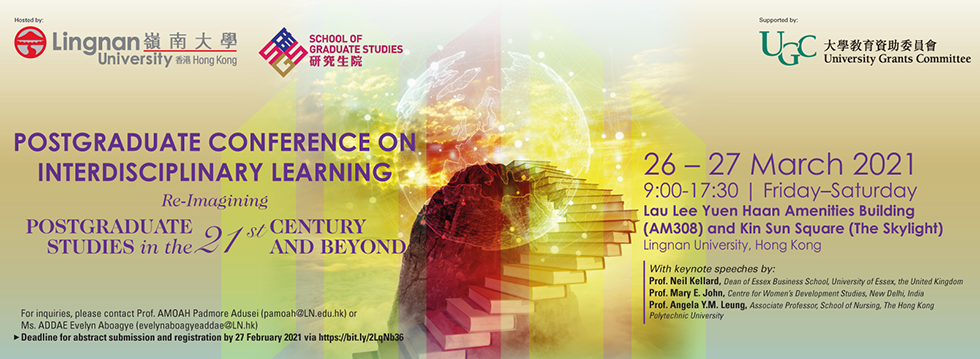
Principles of teaching English as an international language
Start Date
27-3-2021 3:00 PM
End Date
27-3-2021 3:15 PM
Description
The paper discusses principles of teaching English as an International Language from a transcultural approach perspective. Conceptualisation of a methodological category ‘transcultural approach’ in the framework of culture-based approaches to teaching foreign languages has contributed to the shift from conventional and restrictive culture- and language-wise teaching English as a Foreign Language (EFL) to teaching English as an International Language (EIL). Previous studies have indicated the key geopolitical and linguistic prerequisites for the emergence of transcultural approach, as well as defined and structurally analysed transcultural communicative competence as its goal. The objective of current research is to substantiate the fundamental principles of transcultural approach that determine the choice of teaching strategies. The results show that the principles stem from multicultural, multiethnic, and multilingual nature of international communication, realised by means of the English language, and include: (1) the principle of cultural egalitarianism, which emphasises cultural, political, and linguistic equality of learners’ native and acquired languages and cultures; (2) the principle of empathy for the participants of transcultural communication, which is the basis for users’ multidimensional thinking formation; (3) the principle of pragmatic acceptability, which replaces the principle of normativity and implies the users’ ability to adapt to any communicative context encountered; (4) the principle of unity of universal, variable and local levels of cultural and communicative interaction. The findings presented in the paper outline further research directed at modeling a university course book based on the above-mentioned principles of transcultural approach to teaching English as an International Language.
Recommended Citation
Budnikova, A. (2021, March). Principles of teaching English as an international language. Presented at the Postgraduate Conference on Interdisciplinary Learning: Re-Imagining Postgraduate Studies in the 21st Century and Beyond. Lingnan University, Hong Kong.
Principles of teaching English as an international language
The paper discusses principles of teaching English as an International Language from a transcultural approach perspective. Conceptualisation of a methodological category ‘transcultural approach’ in the framework of culture-based approaches to teaching foreign languages has contributed to the shift from conventional and restrictive culture- and language-wise teaching English as a Foreign Language (EFL) to teaching English as an International Language (EIL). Previous studies have indicated the key geopolitical and linguistic prerequisites for the emergence of transcultural approach, as well as defined and structurally analysed transcultural communicative competence as its goal. The objective of current research is to substantiate the fundamental principles of transcultural approach that determine the choice of teaching strategies. The results show that the principles stem from multicultural, multiethnic, and multilingual nature of international communication, realised by means of the English language, and include: (1) the principle of cultural egalitarianism, which emphasises cultural, political, and linguistic equality of learners’ native and acquired languages and cultures; (2) the principle of empathy for the participants of transcultural communication, which is the basis for users’ multidimensional thinking formation; (3) the principle of pragmatic acceptability, which replaces the principle of normativity and implies the users’ ability to adapt to any communicative context encountered; (4) the principle of unity of universal, variable and local levels of cultural and communicative interaction. The findings presented in the paper outline further research directed at modeling a university course book based on the above-mentioned principles of transcultural approach to teaching English as an International Language.

